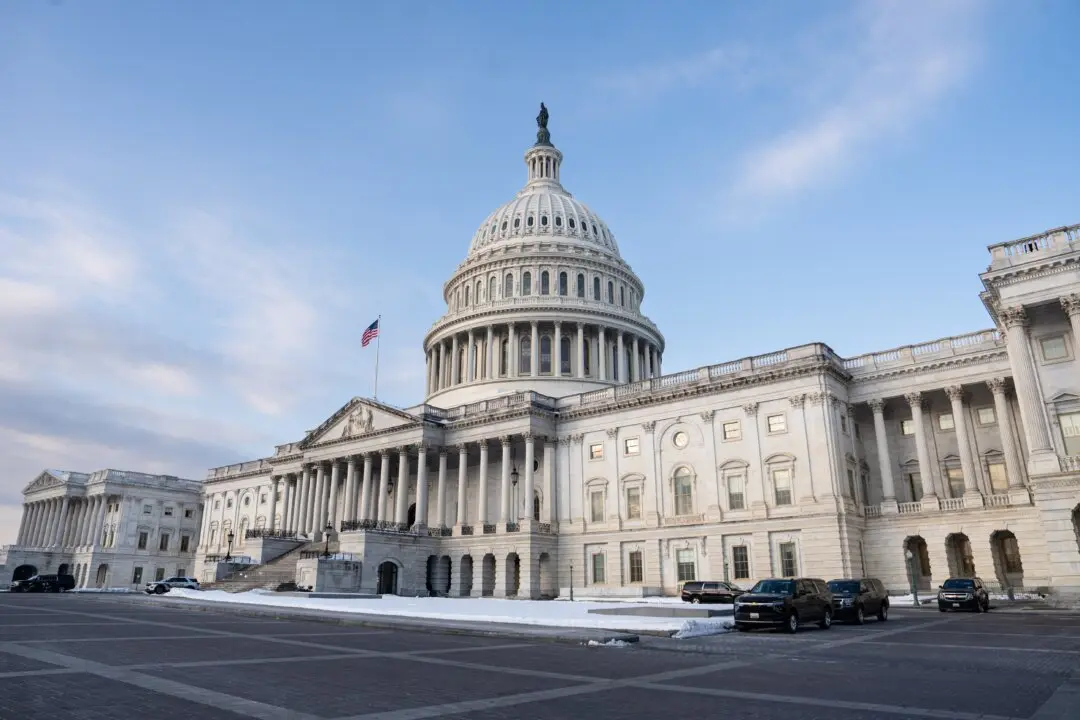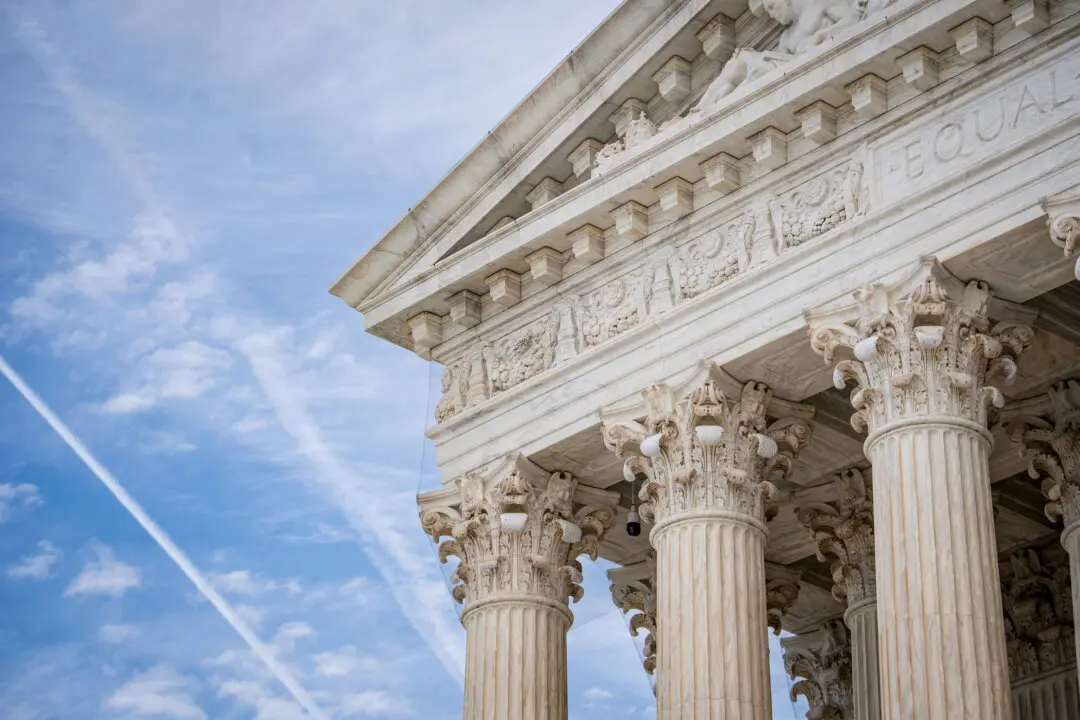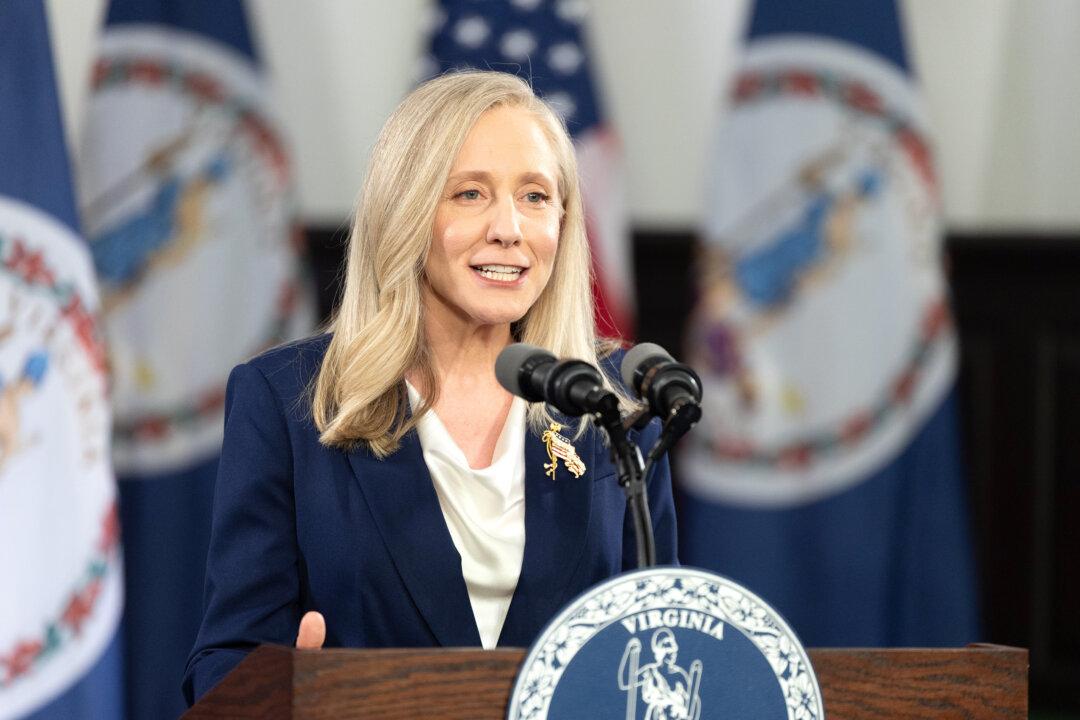As Republicans and Democrats continue to duke it out over raising the debt ceiling, some in the majority party are considering bold, unorthodox ways to address the situation.
Since August, Republicans have definitively rejected aiding Democrats in raising the debt ceiling. In a petition signed by forty-six Senate Republicans, Sen. Ron Johnson (R-Wis.) explained that Republicans would not aid Democrats in their “unprecedented deficit spending spree,” and challenged the party to raise the debt limit on their own.





